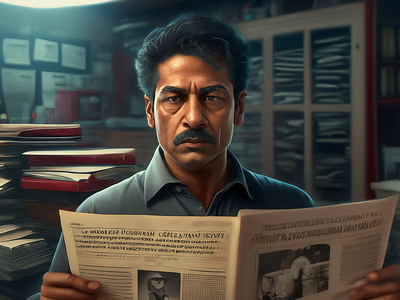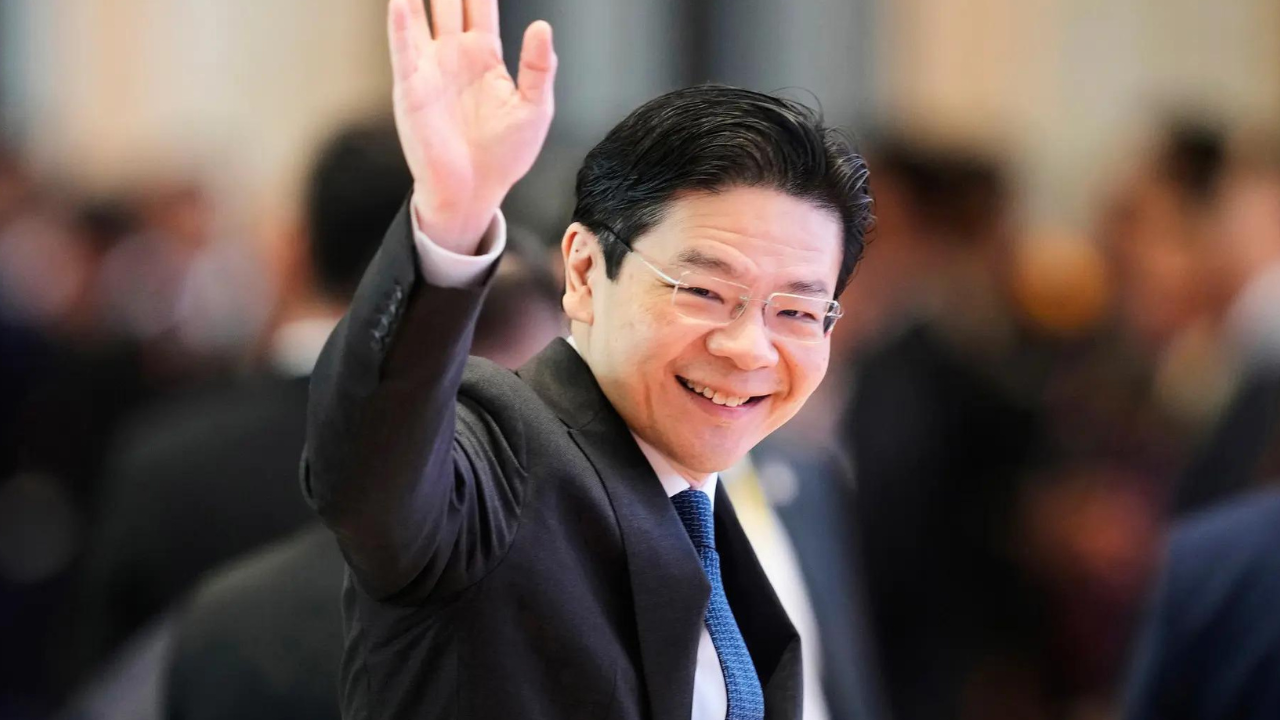
For years,
Turkey
has been making international headlines for it's lackluster track record on press freedom and freedom of speech: Turkey is ranked 159th out of 180 in the latest Reporters
Without Borders
Press Freedom Index. According to the Turkish Journalists' Union, 18 journalists were in prison at the end of March.
However, the restrictions on press freedom are by no means limited to imprisonment: Judicial restrictions are also part of a repressive system designed to systematically silence critical voices. Measures including house arrest, bans on leaving the country, and obligations to report regularly to the authorities are increasingly being used as a means of exerting pressure.
Originally intended as an alternative to pre-trial detention, they are becoming an instrument of de facto punishment — especially for journalists.
Hundreds of journalists are not in prison, but at home, no longer allowed to practice their profession. Recently, many well-known media professionals in Turkey have been subjected to such treatment.
A protective measure or an unfair punishment?
According to the law, judicial inspections are intended to prevent suspects from escaping or tampering with evidence. They are used in cases where there is a strong suspicion of a crime and officials see a risk of people trying to flee the law or conceal their identities. However, such measures are also increasingly being used in the wake of accusations of libel for example or posting critical social media posts, in other words, for offences that do not fall into the "catalog of crimes" defined in law.
Veysel Ok
, a lawyer who has represented many journalists in Turkey — including German daily Die Welt correspondent Deniz Yücel — no longer sees judicial control as a straightforward means of safeguarding proceedings, but as a "penalty-like sanction."
"By law, these measures may only be imposed if the conditions for imprisonment are met. But this is often ignored in practice," explained Ok. Court orders have now become the norm, he said, especially in cases relating to freedom of expression.
"Some are confined to their homes for years and can no longer work as journalists. Even if they are acquitted in the end, they have spent their most productive years under these restrictions," said the lawyer. Even social media posts or political criticism can trigger such measures.
Increasing numbers of journalists face restrictions
"In the past, this was not so common," said Ok. "Today, control measures are imposed automatically — in political cases, against protesters or even against journalists. Almost everyone under investigation is now subject to some form of restriction."
This includes measures such as house arrest or bans on leaving the country, which prevent media professionals from doing their job. These, Ok said, also violate d the decisions of the
Constitutional Court
. He highlighted the case of activist
Nurcan Kaya
, in which the court ruled that such measures were only permissible if there were valid grounds for detention. Despite this, the practice continues, he said.
These measures have two objectives, explained Ok: "On the one hand, those involved are punished before a verdict has even been reached. The second goal is to create a climate of fear in a society that suppresses freedom of expression."
The overcrowded prisons in Turkey also encouraged the spread of judicial control, he explained. "There are currently over 400,000 people in prison. But hundreds of thousands are living in detention-like conditions — in their city or their home. They are not arrested, but controlled — it is a method that has long since become a punishment."
A bid to silence potential critics?
Erol Onderoglu, the head of Reporters Without Borders (RSF) in Turkey, is also concerned, viewing the widespread practice of judicial control as a direct attack on the right to free reporting, as well as a curtailing of the population's ability to inform itself freely.
According to Onderoglu, judicial inspections should only be applied in exceptional cases, for example when particularly serious accusations have been made. But in Turkey, a simple libel charge or a social media post is now enough to trigger restrictions on journalists.
For Onderoglu, the impact of this is clear: "This unlawful practice serves to deliberately harass and intimidate critical journalists. It is an expression of a preemptive will to punish."

 13 hours ago
46
13 hours ago
46



























 English (US)
English (US)